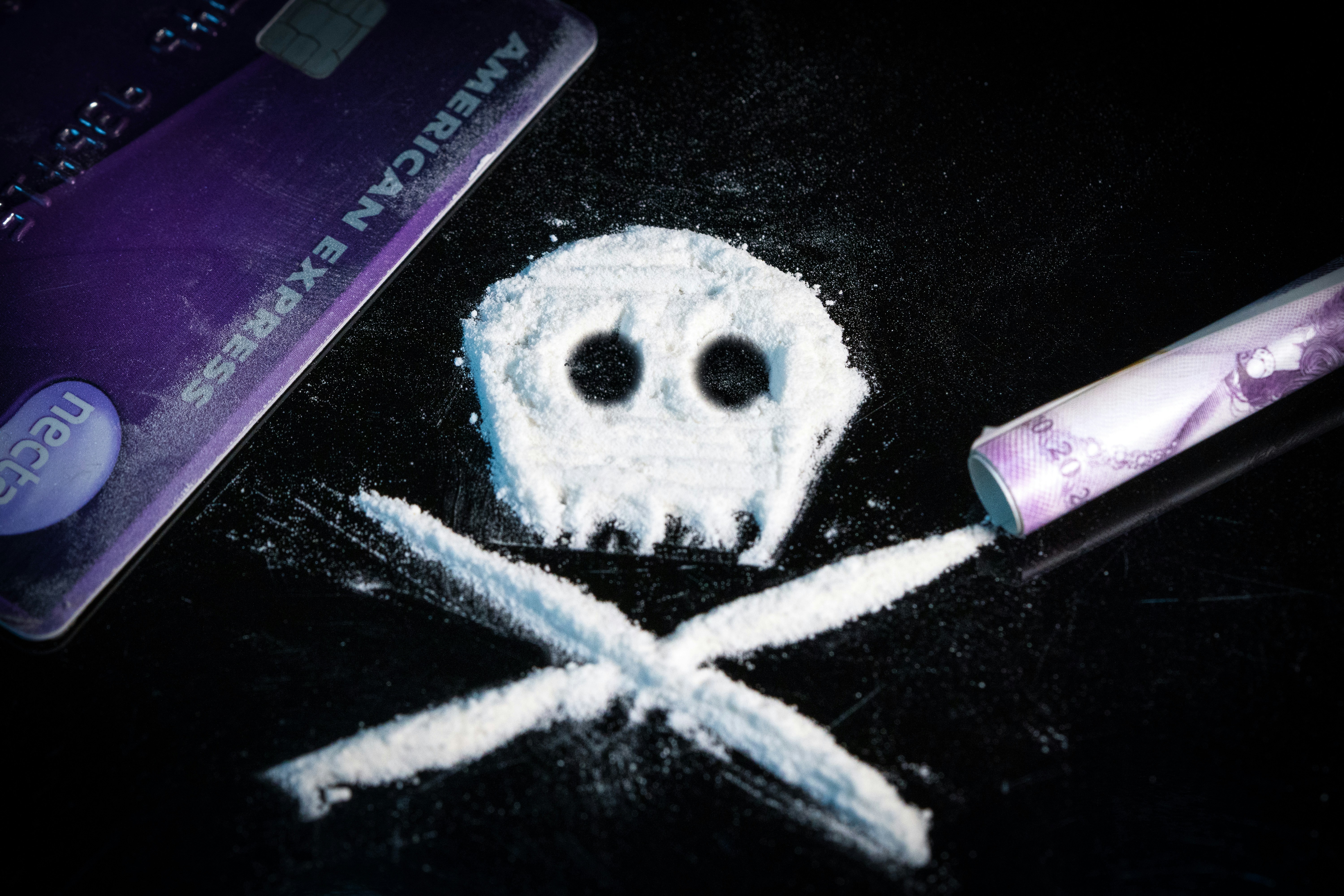For countless children worldwide, the turmoil of living with a parent battling addiction is an unfortunate reality. The impact of parental addiction on child development shatters the very foundations of normalcy, leaving indelible marks on their psychological and emotional well-being. The unspoken understanding that substances play a pivotal role in shaping their caregivers’ lives becomes a harsh lesson, one that can profoundly influence their own perceptions and future choices.
The Ripple Effect of Addiction
Addiction is a merciless force that extends its reach far beyond the individual trapped in its grasp. When a parent is stuck in the cycle of substance abuse, the reverberations echo through every aspect of the family dynamic. The effects of growing up with an addicted parent are far-reaching and wide. Stability, a cornerstone of healthy childhood development, is often the first casualty, replaced by a pervasive sense of uncertainty and chaos.
Children in these circumstances quickly learn that their emotional, physical, and psychological needs are no longer a priority. Neglect, a cruel byproduct of addiction and parenting, can manifest in various forms, from the absence of nurturing and guidance to the stark realities of malnutrition and inadequate care.
The Inheritance of Trauma
The impact of parental addiction is not confined to the here and now; its tendrils can extend into the future, shaping the very fabric of a child’s existence. Research has revealed a disquieting truth: children of drug-addicted parents are more likely to develop substance use disorders themselves, perpetuating a vicious cycle that spans generations.
This grim inheritance is not solely rooted in genetics but also the powerful influence of environmental factors. Witnessing substance abuse as a normalized behavior can profoundly impact a child’s perception of reality, increasing the likelihood of engaging in similar patterns later in life.
The Emotional Toll: Navigating a Minefield of Trauma
The emotional scars inflicted by parental addiction can be profound and enduring, leaving children to grapple with myriad psychological challenges that may persist well into adulthood. Trauma can be deeply rooted in the characteristics of adult children of alcoholics.
The Burden of Role Reversal
In the distorted reality of an addicted household, traditional family roles in addiction are often blurred beyond recognition. A phenomenon known as “role reversal” can take hold, where children find themselves shouldering the responsibilities typically reserved for caregivers. Essentially, in “addiction family” roles, the child becomes the parent and often must care for the parent and younger siblings.
The Manifestation of Trust Issues
Trust, a fundamental building block of healthy relationships, can become a fragile and elusive concept for children raised with drug-addicted parents. The broken promises, lies, and denial that often accompany substance abuse can leave deep scars, fostering a pervasive sense of mistrust that permeates all aspects of life.
The Weight of Low Self-Esteem
Self-esteem, that delicate yet vital component of emotional well-being, can be profoundly impacted by the trauma of parental addiction. Children in these circumstances may internalize a sense of worthlessness or inadequacy fueled by the absence of affirmation and validation from their caregivers.
The Path to Healing: Reclaiming Resilience
An addicted parent can seem like a betrayal, and healing from betrayal trauma can be challenging. While the trauma inflicted by parental addiction can leave indelible scars, it is crucial to recognize that healing is not only possible but attainable. By acknowledging the depth of their experiences and seeking support, those raised with alcoholic or addicted parents can reclaim their resilience and forge a path toward a brighter future.
Seeking Solace in Support Networks
The journey towards healing often begins with the realization that one is not alone. Support groups, such as Adult Children of Alcoholics (ACOA), and specialized therapy programs offer a haven where individuals can connect with others who have walked a similar path, sharing their stories and drawing strength from the collective experience.
Embracing Therapeutic Intervention
For many, the guidance of a skilled therapist can prove invaluable in navigating the complex emotional terrain of childhood trauma. Through various therapeutic modalities, individuals can learn to process their experiences, develop coping mechanisms, and cultivate a deeper understanding of themselves and their relationships.
Trauma-focused therapies, such as eye movement desensitization and reprocessing (EMDR) and Somatic Experiencing, offer powerful tools for addressing the physiological and psychological impacts of trauma, empowering individuals to reclaim their sense of self and forge a path toward healing.
Fostering Resilience Through Self-Care
Resilience, the ability to adapt and thrive in adversity, is not an innate trait but a cultivated skill. By embracing self-care practices, individuals can nurture their emotional and physical well-being, creating a foundation upon which resilience can flourish.
Simple acts of self-compassion, such as those below, can provide a much-needed respite from the weight of childhood trauma, allowing individuals to connect with their inner strength.
- Journaling
- Art
- Exercise and fitness
- Playing an instrument
- Engaging in other creative pursuits
- Being in nature
Breaking the Cycle of Addiction as a Family Disease
For those who have endured the trauma of parental addiction, the path to healing is not merely a personal journey; it is a clarion call to break the cycle of intergenerational suffering. By seeking support and embracing recovery, individuals can reclaim their narratives and create a legacy of resilience for generations to come. It is often said and very true that addiction is a family disease on many levels.
Navigating the Emotional Labyrinth
The emotional landscape of growing up with addicted parents can be a labyrinth of conflicting emotions, ranging from profound sadness and anger to an overwhelming sense of guilt and shame.
The Weight of Guilt and Shame
For many children, the trauma of parental addiction is accompanied by a deep-seated sense of guilt and shame. They may internalize the belief that their actions or inactions contributed to their caregivers’ struggles, shouldering a burden that rightfully belongs to no child.
Feeling Anger and Resentment
Beneath the surface of guilt and shame often lies a wellspring of anger and resentment fueled by the profound sense of betrayal that accompanies parental neglect and abandonment. These powerful emotions can become a double-edged sword, providing a temporary outlet for pent-up frustrations while simultaneously perpetuating a cycle of emotional turmoil.
The Paradox of Love and Resentment
Perhaps one of the most poignant paradoxes of growing up with addicted parents is the delicate balance between love and resentment. Despite the trauma and neglect they endured, many children still harbor a deep love and affection for their caregivers, creating an internal conflict that can be challenging to navigate.
This paradox can manifest in many ways, from a desire to protect and support the addicted parent to a profound sense of disappointment and betrayal. Untangling this emotional knot is a delicate process that requires patience, self-compassion, and a willingness to confront the complexities of the human experience.
The Intergenerational Ripple Effect
The trauma inflicted by parental addiction is not confined to a single generation; its ripples can extend far into the future, shaping the lives of subsequent generations in profound and often insidious ways.
The Cycle of Substance Abuse
One of the most pernicious legacies of parental addiction is the increased risk of substance abuse among their offspring. This grim inheritance is rooted in a complex interplay of genetic predispositions and environmental factors, where the normalization of substance use and the lack of healthy coping mechanisms can create a fertile breeding ground for addiction.
Breaking this cycle requires a multifaceted approach that addresses not only the physical aspects of addiction but also the underlying emotional and psychological wounds that often fuel its perpetuation.
The Legacy of Attachment Insecurity
Secure attachment, the foundation upon which healthy relationships are built, can be profoundly disrupted by the trauma of parental addiction. Children in these circumstances may develop insecure attachment styles, ranging from avoidant to anxious, that can persist into adulthood and impact their ability to form meaningful connections.
The Inheritance of Maladaptive Coping Mechanisms
In the absence of healthy role models and coping strategies, children of addicted parents may inadvertently inherit a repertoire of maladaptive coping mechanisms. These can range from self-destructive behaviors, such as self-harm or disordered eating, to an over-reliance on avoidance or emotional suppression as a means of self-preservation.
Growing up with an addicted parent can be traumatic, but if the family members singularly and as a whole seek help, healing is possible. Teenage and adult children of alcoholics can thrive as well, even if their family member does not find recovery, utilizing outside personal and professional support as well as self-care practices.
If you or a loved one is struggling with addiction, Mountainside can help.
Click here or call (888) 833-4676 to speak with one of our addiction treatment experts.

 By
By 







